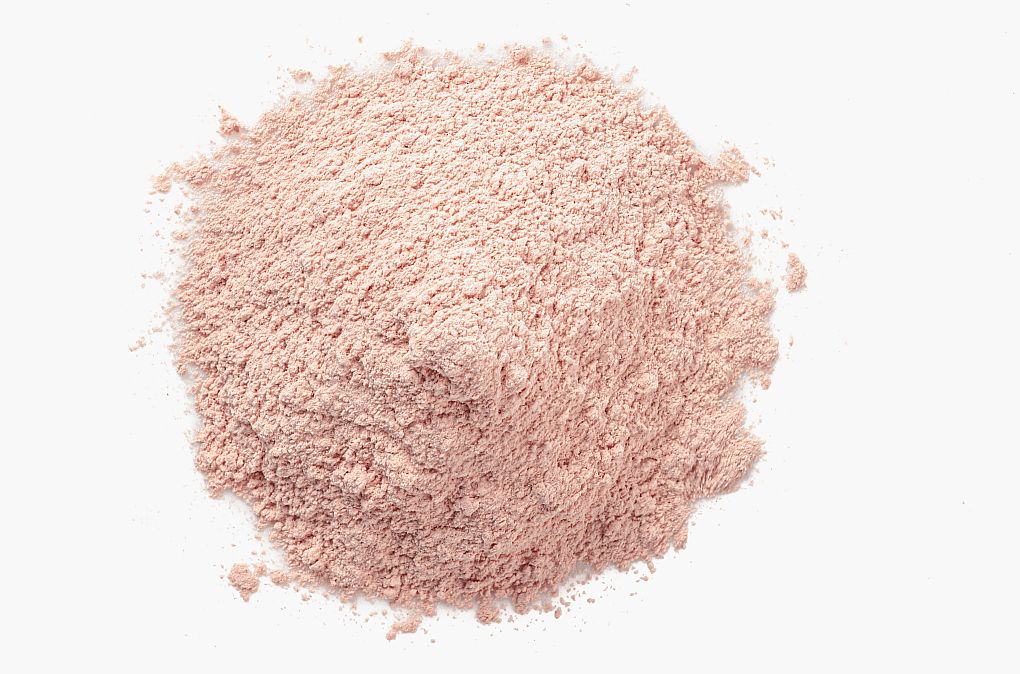New York-based Helaina—a startup using precision fermentation to produce bioactive proteins found in human breastmilk—has raised a $45 million series B round led by Avidity Partners.
Additional investment came from Spark Capital, Ingeborg Investments, Tom Williams of Heron Rock, Barrel Ventures, Siam Capital, Relish Works, CF Private Equity, and Primary Venture Partners, among other strategic partners.
The round, which brings Helaina’s equity funding to $83 million, will support the market entry of human lactoferrin (brand name: effera), a protein in mammalian milk that Helaina is targeting at the women’s health, active nutrition and healthy aging markets.
effera lactoferrin, which supports iron homeostasis and metabolism, immunity, and microbiome health, is the first human lactoferrin to hit the market, and is being sold as a b2b ingredient to consumer brands in functional foods, beverages and supplements via strategic distribution partners.
It will soon be available in several consumer products from brands including Kroma Wellness, The Feed, Levelle Nutrition, Healthgevity, and Mitsubishi International Food Ingredients, says the firm, which is scaling production via contract manufacturers.
‘The unit economics become, over time, pretty attractive’
“It’s definitely a tough time to raise money,” Helaina founder and CEO Laura Katz told AgFunderNews. “And I think we’re going to start to see a little bit of readjustment in this industry where some startups have raised so much money, in some cases I think, quite frankly, maybe too much money, which is not always a good thing.
“Precision fermentation [genetically engineering microbes to produce target proteins and other ingredients] is not cheap, so it’s really difficult to use it to make food ingredients that are commoditized. At Helaina, however, our first product is replacing a very high value ingredient—bovine lactoferrin, which is in short supply as it’s very expensive to purify from cow’s milk—with something that our body better tolerates: human lactoferrin.”
She added: “At the core of our technology is a yeast-based platform powered by our own ML [machine learning] model, that can produce human bioactive proteins. And the unit economics become, over time, pretty attractive.”
While some companies are now making bovine lactoferrin via precision fermentation for the adult nutrition market, human lactoferrin is seen by potential customers as a premium option, claimed Katz, who founded Helaina in 2019.
“We’ve conducted a robust, well-powered clinical study that is currently going through the peer review process that shows that when people consume our human lactoferrin, you don’t see the body producing antibodies, whereas you do with bovine lactoferrin.”

Lactoferrin: Women’s health, active nutrition, healthy aging
A protein that binds and transports iron, lactoferrin is of particular interest to companies in the women’s health arena, given that many women are iron deficient, but experience digestive issues if they take iron supplements, said Katz. “The active nutrition space is also a key opportunity as lactoferrin can help reduce inflammation, which is really interesting to athletes.”
Pre-clinical work conducted by Helaina suggests a dose of between 100 and 300 milligrams for adults, and potentially a different number for infant formula applications, which Helaina is looking at down the road, said Katz.
While the innate immune system is built during infancy, the adaptive immune system is constantly evolving throughout the lifecycle, with a body of literature showing there are benefits to lactoferrin consumption throughout the human lifecycle, claimed Katz.
Applications: Foods, beverages, supplements
Based on the published clinical data, she said, customers could potentially make several claims around immunity, maintaining iron levels and bone health before during and after menopause, enhancing beneficial gut bacteria (a prebiotic effect), and reducing inflammation. “It’s a pretty well studied molecule so now we can supply the human version, there’s a lot of interest in the market.”
Mitsubishi International Food Ingredients, for example, is “focused on high value, clinically backed specialty ingredients for dietary supplements, so we have been working very closely with them over the last few months,” said Katz.
Healthgevity, meanwhile, is a “practitioner grade brand, so they work directly with doctors, which is really in line with our values, as they speak to an audience we believe will be really strong early adopters.”
From a technical perspective, Helaina’s lactoferrin is easy to work with, shelf-stable, and “really robust,” said Katz, who is not commenting publicly on the ingredient’s GRAS status. “It’s pretty tasteless, especially because the dose is small, and it can work in everything from yogurts and bars to beverages, powders, gummies, and capsules.”





